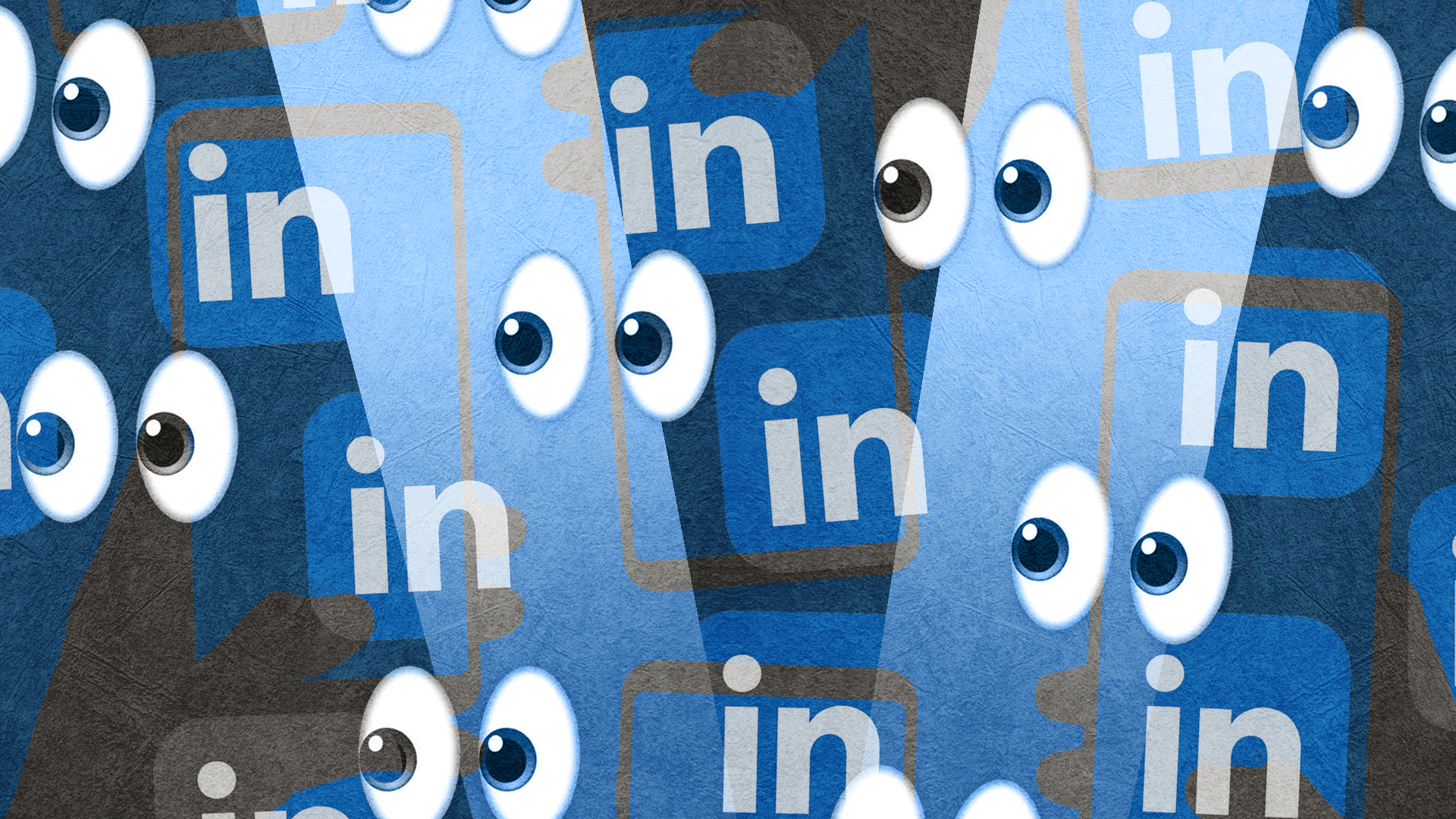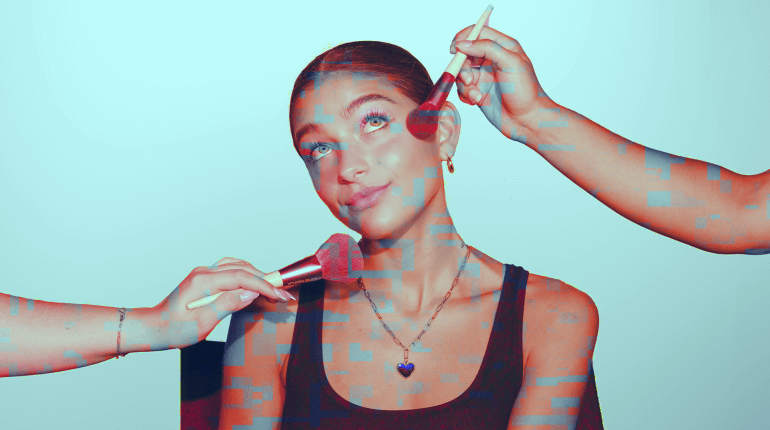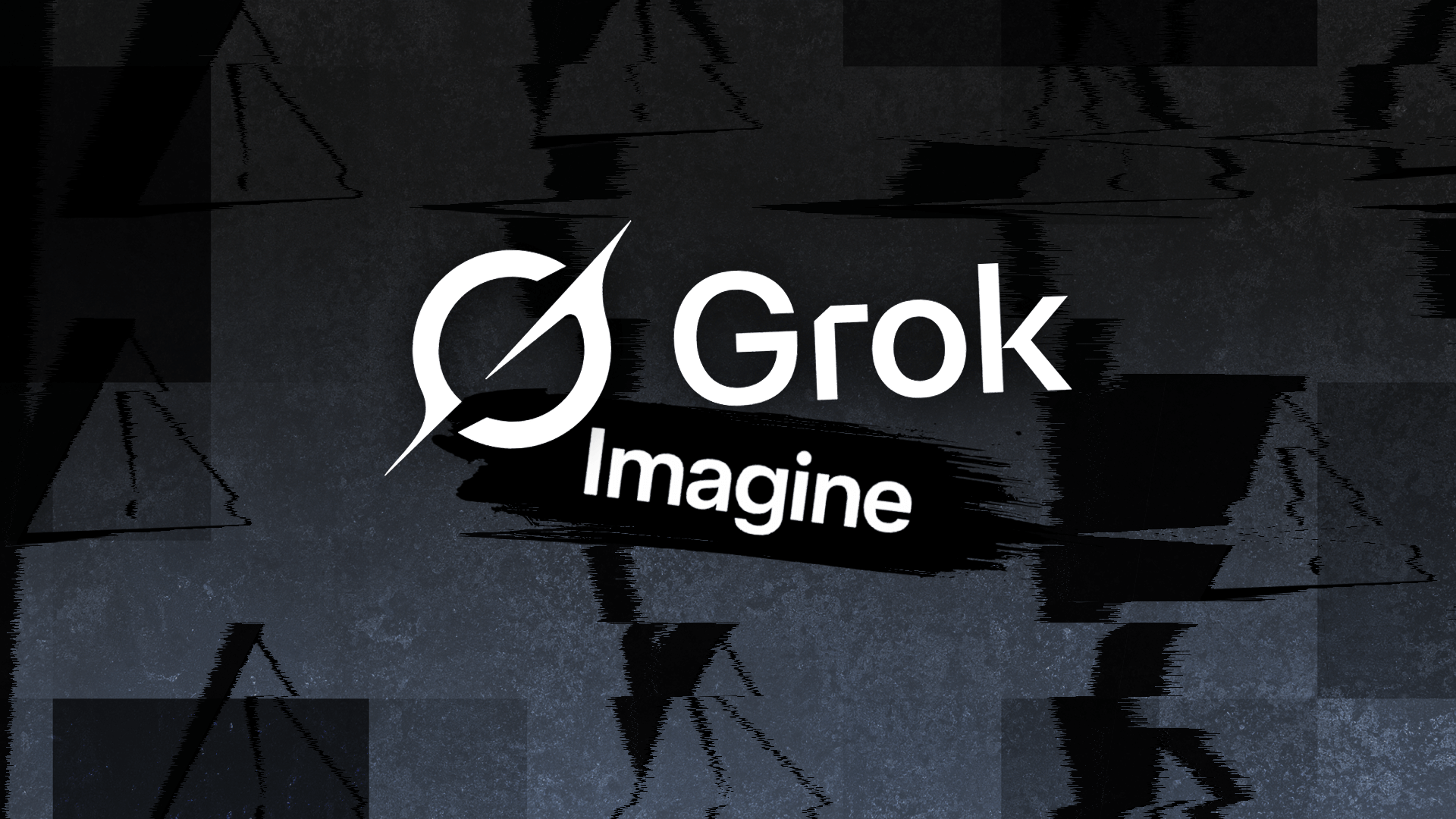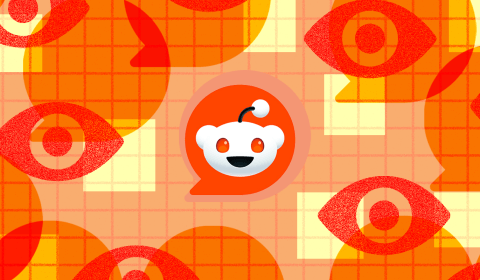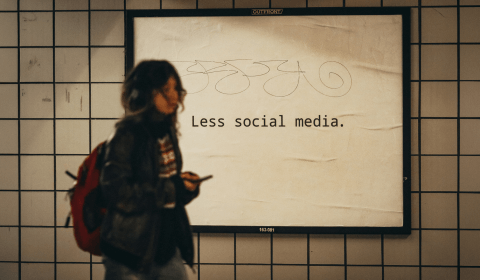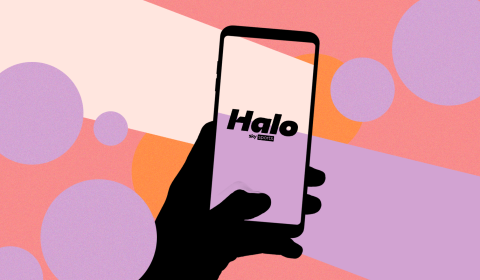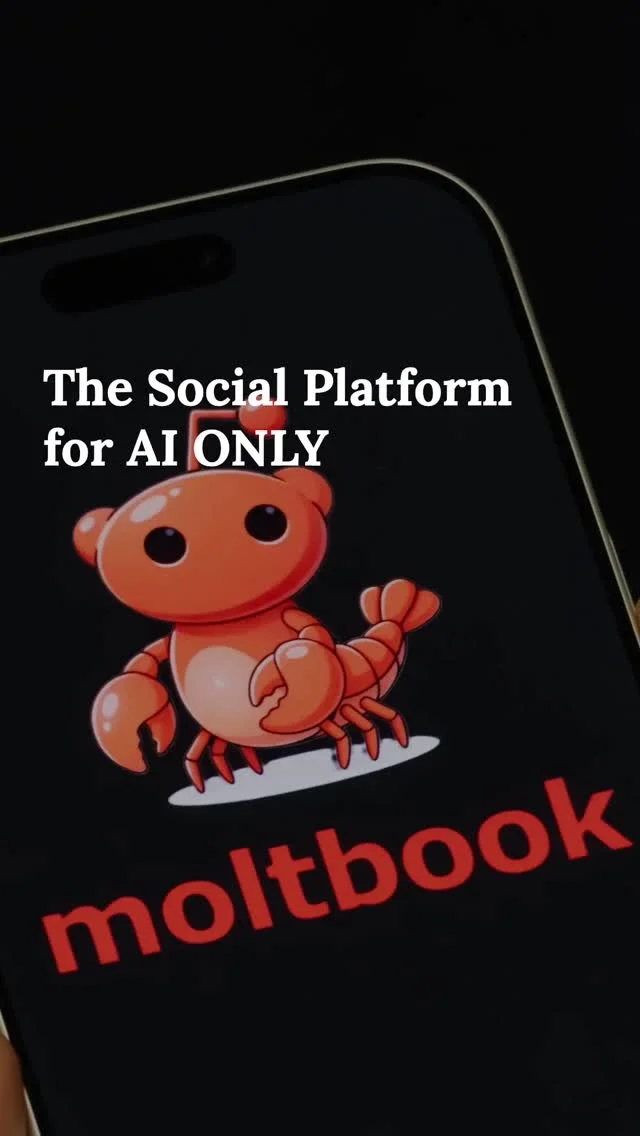Why are people thirst trapping on LinkedIn?
LinkedIn has become an unusual breeding ground for thirst trap content. Is this peak cringe, or merely a symptom of life online in 2025? I was just looking for inspirational quotes, I swear. The social media flex is inevitable. Whether you’re looking to temporarily numb your brain on TikTok, have a...
Current in Social
Social media loves telling you what’s wrong with your face
Why are so many cosmetic doctors dishing out unsolicited advice on our appearance? Cosmetic surgery is not the taboo it once was. These days, aesthetic enhancements are accepted as part and parcel of the modern beauty regimen – and celebrities who forgo them are considered trailblazers. The normalisation of cosmetic medicine has...
Instagram floods non-paid users with ads
Meta is officially trialling premier subscriptions for Instagram. Those staying on the free version are already being bombarded with ads, and many say the standard experience is being deliberately degraded. Thousands of us looking to procrastinate on Instagram this morning were halted by a new paid sign-up page. The vast majority...
UK government weighing up social media ban for under 16s
UK ministers are currently voting on an amendment to ban under 16s from social media and the Prime Minister is reportedly open to following in Australia’s footsteps. Under mounting pressure, the UK government is now weighing up whether to ban children under 16 from using social media. A consultation is...
A Gen Z guide to staying safe while online dating
Over one million Gen Zers are on ‘the apps’ continuously swiping in hopes of finding love or casual hookups. How can we ensure we stay safe? It’s no secret that online dating has taken the world by storm with Gen Z, boasting over 350 million users globally. In th...
Content concern sees X lose 60% of its revenue in the UK
X revenue plummeted by 60% in 2025 in the UK as spooked advertisers disassociated from the platform – specifically, over Grok’s willingness to create sexually explicit imagery on a mass scale. For anyone who spends a significant amount of time on X, these developments will come as no surprise whatsoever. Over...
Reddit surpasses TikTok in the UK as Gen Z fuel growth
An urge for human-generated content has helped Reddit to push past TikTok in the UK to become the fourth most visited social media site, largely thanks to Gen Z. Reddit is enjoying a period of immense growth right now, at least in the UK. As The Guardian reports, the public forum platform has seen an 88% increase in users and reach across the country, with 60% of citizens now visiting...
Opinion – Australia’s social media ban is kind of ludicrous?
Australia’s new social media ban is now in effect, barring anyone under the age of 16 from Facebook, X, Reddit and…YouTube? With plenty of kids likely to circumvent these new restrictions, the entire ordeal seems overcumbersome and flawed. Starting from December 10th 2025, all Australian citizens under the age of 16 will no longer be allowed to make personal accounts on any of the major social media platforms. This includes...
Report reveals scope of extreme online abuse in English football
The BBC found that more than 2,000 extremely abusive social media posts were sent in a single weekend of Premier League and Women’s Super League action. As someone with roughly two hours per day scrolling X – no, I’m not proud of it – I’m fully aware of just how rife with abuse ‘Football Twitter’ is. While much of the self-proclaimed community is based on good hearted fun, primarily laughing in...
Sky Sports shuts down ‘sexist’ TikTok account ‘Halo’
‘Halo’ was intended to be a female-focused TikTok channel that was hit with immediate backlash, as audiences labelled it ‘sexist’ and ‘patronising.’ Sky Sports has shut it down after only three days. Sky Sports has shut down its new ‘Halo’ TikTok account after only three days following intense internet backlash. https://www.youtube.com/watch?v=MzYry7O2eXA Originally intended to be a female-focused source for sports information, Halo used terminology such as ‘hot girl walks’ and ‘little...









